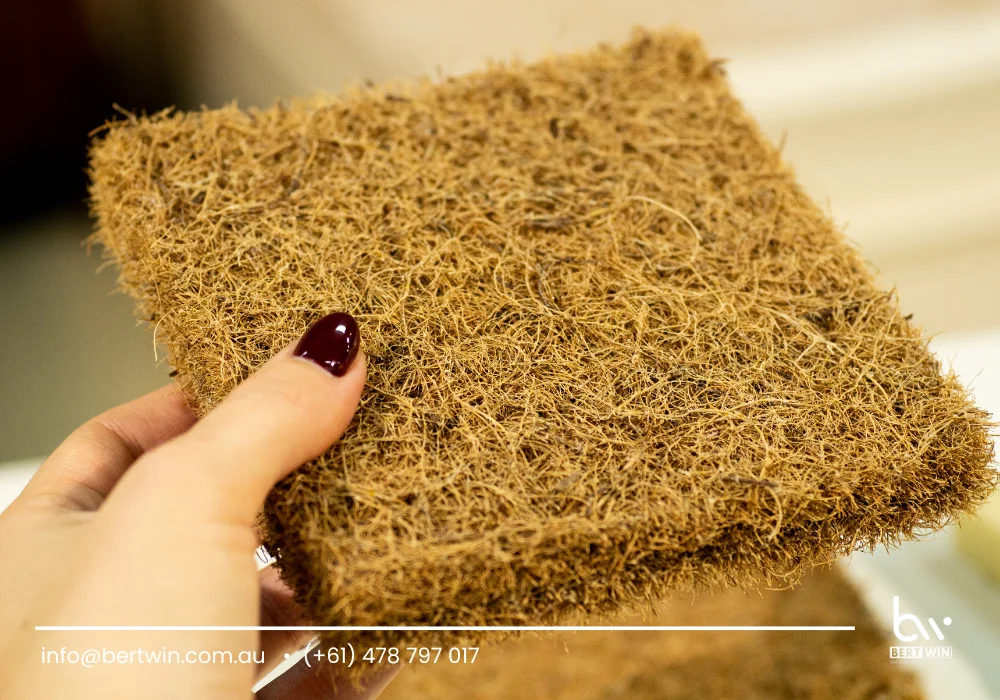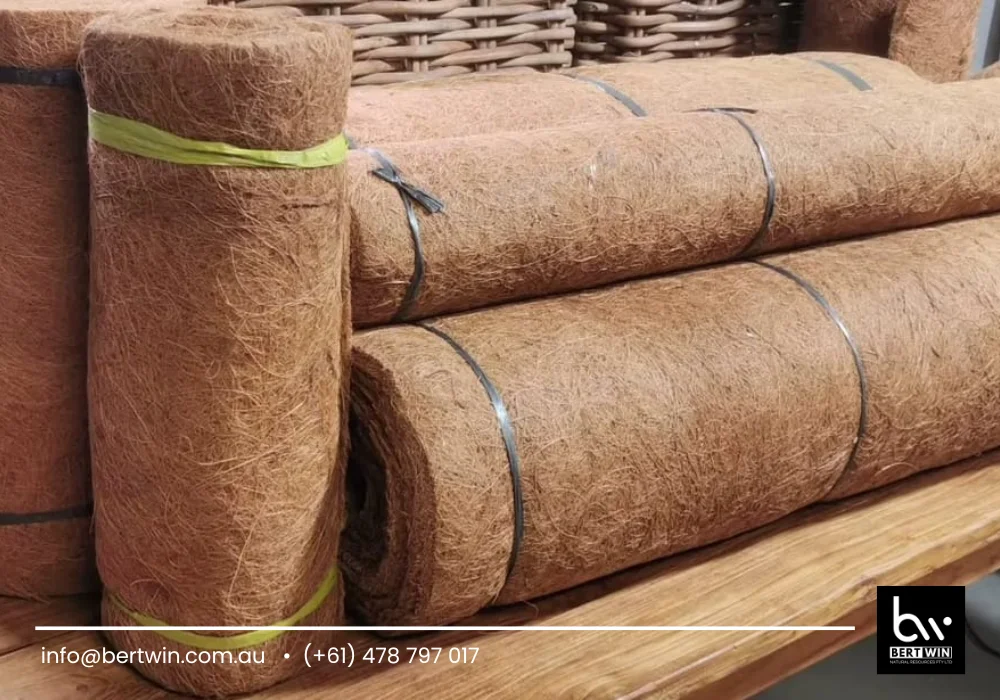Using a coco sheet for gardening has become increasingly popular among gardeners seeking eco-friendly and efficient growing mediums. Coco sheets, derived from coconut husk fibers, offer numerous benefits that can improve soil health, enhance plant growth, and promote sustainable gardening practices. This article will provide an informative overview of coco sheets for gardening, their advantages, and practical tips for usage.

What is a Coco Sheet for Gardening?
A coco sheet for gardening is a natural, biodegradable mat made from coconut coir fibers pressed into a sheet form. These sheets serve as an excellent growing medium, mulch, or soil amendment in both commercial and home gardening. Coco sheets retain moisture effectively while allowing for proper aeration, which is crucial for healthy root development.
Compared to traditional peat moss or synthetic mats, coco sheets are renewable, lightweight, and easy to handle. Their natural origin means they break down over time, enriching the soil without introducing harmful chemicals.
Benefits of Using Coco Sheets for Gardening
Improved Water Retention and Aeration
One of the standout features of a coco sheet for gardening is its ability to retain water while still permitting air to circulate around plant roots. This balance helps prevent overwatering and root rot, common problems in gardening. Coco sheets absorb excess water and release it slowly, providing plants with a steady moisture supply.
Environmentally Friendly and Sustainable
Coco sheets are produced from coconut husks, a byproduct of the coconut industry, making them a sustainable alternative to peat and synthetic materials. Using coco sheets reduces reliance on non-renewable resources and contributes to waste reduction by repurposing agricultural residues.
Enhanced Soil Health and Fertility
As coco sheets decompose, they add organic matter to the soil, improving its texture and nutrient-holding capacity. This natural enrichment supports beneficial microorganisms, leading to healthier plants and improved yields.
How to Use Coco Sheets for Gardening Effectively

Mulching with Coco Sheets
Gardeners can lay coco sheets directly on the soil surface as mulch. This helps suppress weeds, maintain consistent soil moisture, and regulate soil temperature. Over time, the sheet breaks down, enriching the soil and reducing the need for chemical fertilizers.
Soil Amendment and Seed Starting
Coco sheets can be shredded or soaked to create a loose medium ideal for seed germination and root growth. Mixing coco fibers with compost or potting soil enhances drainage and aeration, promoting strong and healthy seedlings.
Supporting Vertical and Container Gardens
Thanks to their lightweight and water-retentive properties, coco sheets are excellent for lining containers or vertical garden structures. They provide plants with adequate moisture while preventing soil compaction in confined spaces.
Tips for Maintaining Coco Sheets in Your Garden
Monitor Moisture Levels
Although coco sheets hold moisture well, it’s important to regularly check soil moisture to avoid drying out or excessive wetness. Water your garden appropriately based on plant needs and weather conditions.
Replace or Refresh Periodically
Because coco sheets decompose naturally, they may need to be replaced or replenished after a growing season. This ensures continued soil enrichment and optimal plant health.
Combine with Other Organic Materials
For best results, use coco sheets alongside compost, mulch, or organic fertilizers. This combination improves soil fertility and promotes a balanced growing environment.
Conclusion
A coco sheet for gardening offers an eco-friendly, efficient, and versatile solution for gardeners aiming to improve plant health and soil quality. Its water retention, aeration benefits, and sustainable nature make it a valuable addition to any garden setup. By integrating coco sheets into your gardening practices, you contribute to a greener environment while nurturing thriving plants.
For further information, you may contact WhatsApp at (+61) 478797017 or via email at info@bertwin.com.au.
